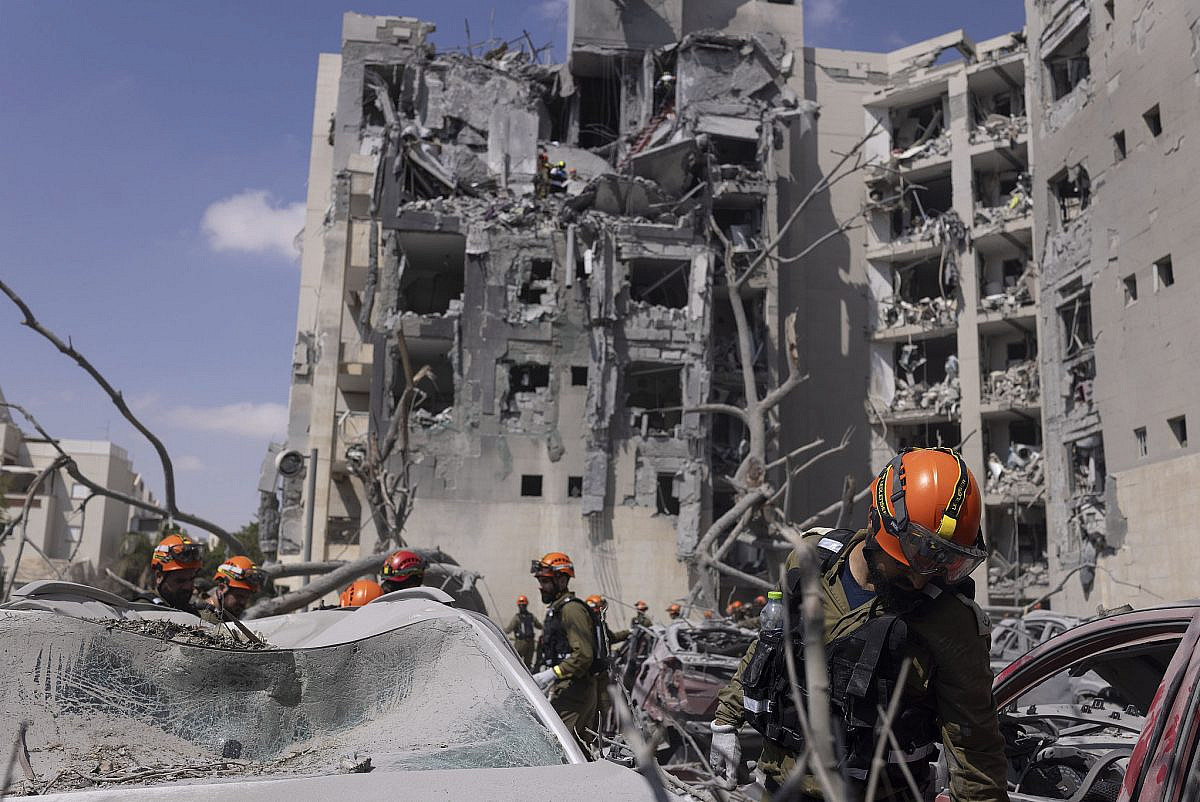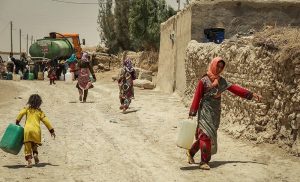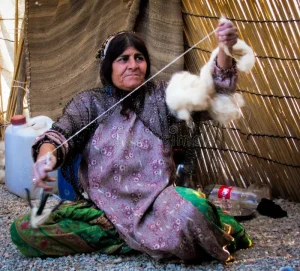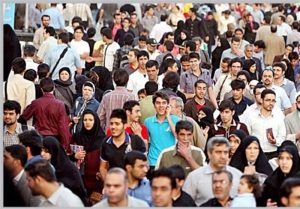Sociology of War
The sociology of war examines how societies engage in warfare, the meanings attached to war, and its relationship with state structures. It analyzes war as a social phenomenon, exploring its causes, consequences, and impact on social structures and individual lives. This field draws upon sociological theories and methods to understand the dynamics of conflict, violence, and social change related to war.
Key Aspects of the Sociology of War:
- War as a Social Institution: Sociology views war not just as a military event, but as a complex social institution with deep roots in social structures, ideologies, and power dynamics.
Macro-Level Analysis:
It examines the macro-level patterns of war-making, including how societies organize themselves for warfare, the role of the state, and the impact of war on social institutions like the economy and political systems.
Social Construction of War:
Sociology explores how war is understood and experienced differently by various social groups, highlighting the role of symbols, narratives, and cultural values in shaping perceptions of war.
Consequences of War:
The field investigates the wide-ranging social consequences of war, including its impact on social inequality, political systems, cultural values, and individual lives.
War and Social Change:
Sociology analyzes how war can be a catalyst for social change, including the transformation of social structures, the rise of new social movements, and the re-negotiation of social identities.
The Military as a Social Group:
Military sociology, a subfield, examines the military as a social group, analyzing its internal dynamics, its relationship with civilian society, and its role in shaping social norms and values.
Feminist Perspectives:
Feminist perspectives on war explore the gendered dimensions of war, examining how war affects women and men differently, and challenging traditional notions of masculinity and femininity in the context of armed conflict.
Reintegration and Peacebuilding:
The sociology of war also considers the challenges of reintegrating former combatants into society after war, the role of peacebuilding initiatives, and the importance of addressing the social and psychological impacts of war on individuals and communities.
In essence, the sociology of war provides a critical lens for understanding the complex relationship between war and society, highlighting the social forces that shape and are shaped by armed conflict




























Post Comment